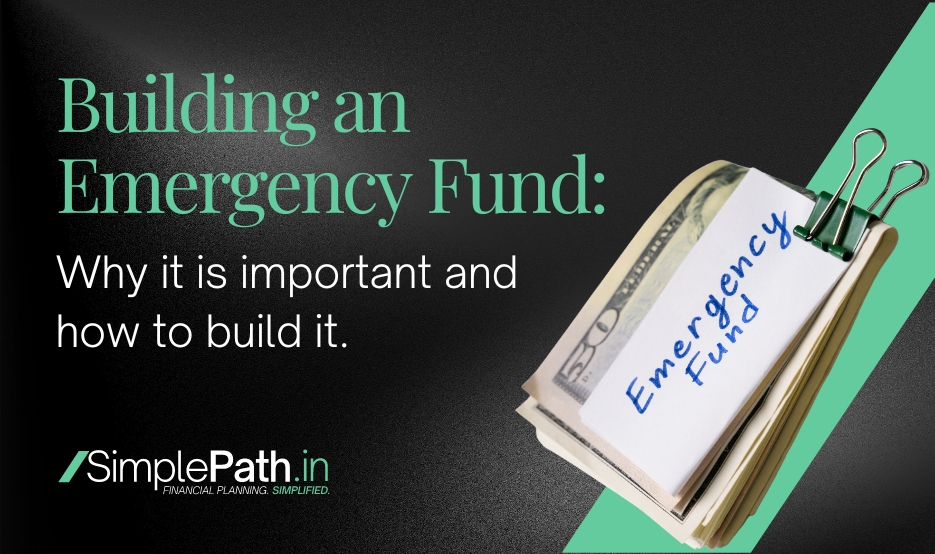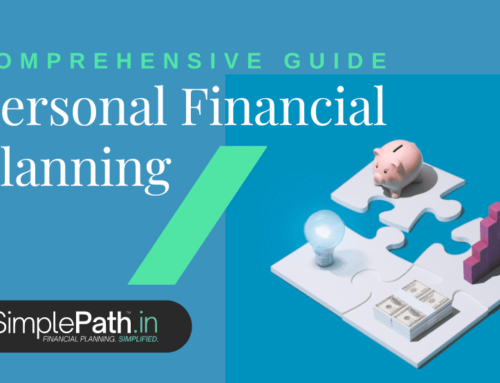Rahul had always been a responsible person when it came to managing his finances. He had a well-paying job, and a comfortable lifestyle, and was saving for his future goals. However, one day, his world turned upside down when he was diagnosed with a medical condition that required immediate treatment. Not only did he have to spend a large sum of money on medical bills, but he also had to take an extended leave from work to focus on his recovery.
During this time, Rahul realized the importance of having an emergency fund. An emergency fund is a stash of cash set aside for unexpected expenses like medical emergencies, job loss, or home repairs. It can provide a safety net and help you avoid taking on debt in times of financial hardship.
Why is an Emergency Fund Important?
Having an emergency fund can provide financial stability in times of uncertainty. Here are some reasons why building an emergency fund is essential:
- Health Emergencies: Health emergencies can happen to anyone at any time. It’s important to have a fund that can cover unexpected medical bills or other health-related expenses.
- Job Loss: Losing your job can be a stressful experience. Having an emergency fund can help cover your living expenses while you look for new employment.
- Home or Vehicle Repairs: Unexpected expenses related to your home or car can put a significant strain on your finances. An emergency fund can help cover these costs without disrupting your regular budget.
How to Build an Emergency Fund
Building an emergency fund can be challenging, but it’s worth the effort. Here are some steps you can take to build your emergency fund:
- Set a Savings Goal: Determine how much money you want to save in your emergency fund. A good rule of thumb is to save three to six months’ worth of living expenses.
- Create a Budget: Review your monthly expenses and identify areas where you can reduce your spending. Use the extra money to contribute towards your emergency fund.
- Automate Savings: Set up automatic transfers from your checking account to your emergency fund savings account. This way, you can consistently contribute to your fund without having to think about it.
- Cut Expenses: Identify areas where you can cut back on your expenses. For example, you can reduce your cable TV package, limit dining out, or cancel subscriptions you no longer use.
- Increase Income: Consider finding ways to increase your income, such as taking on a part-time job or starting a side business.
Examples of Building an Emergency Fund
There are many ways to build an emergency fund. Here are a few examples of how people have successfully built their emergency funds:
- Shruti set a goal to save Rs. 50,000 in her emergency fund. She created a budget and identified areas where she could cut back on her expenses. She automated her savings by setting up a recurring transfer from her checking account to her emergency fund savings account. Within a year, she reached her savings goal.
- Rajesh took on a side job to earn extra income. He used the additional income to contribute towards his emergency fund. Within two years, he had saved six months’ worth of living expenses.
- Sneha received a bonus at work and used a portion of it to start her emergency fund. She also cut back on her expenses and automated her savings. Within six months, she had saved three months’ worth of living expenses.
At Simple Path, we believe in building a strong financial foundation by creating an emergency fund. Our simplified approach to financial planning can help you achieve your financial goals and prepare for unexpected expenses. Contact us today to learn more about how we can help you simplify your finances and build a secure financial future.





